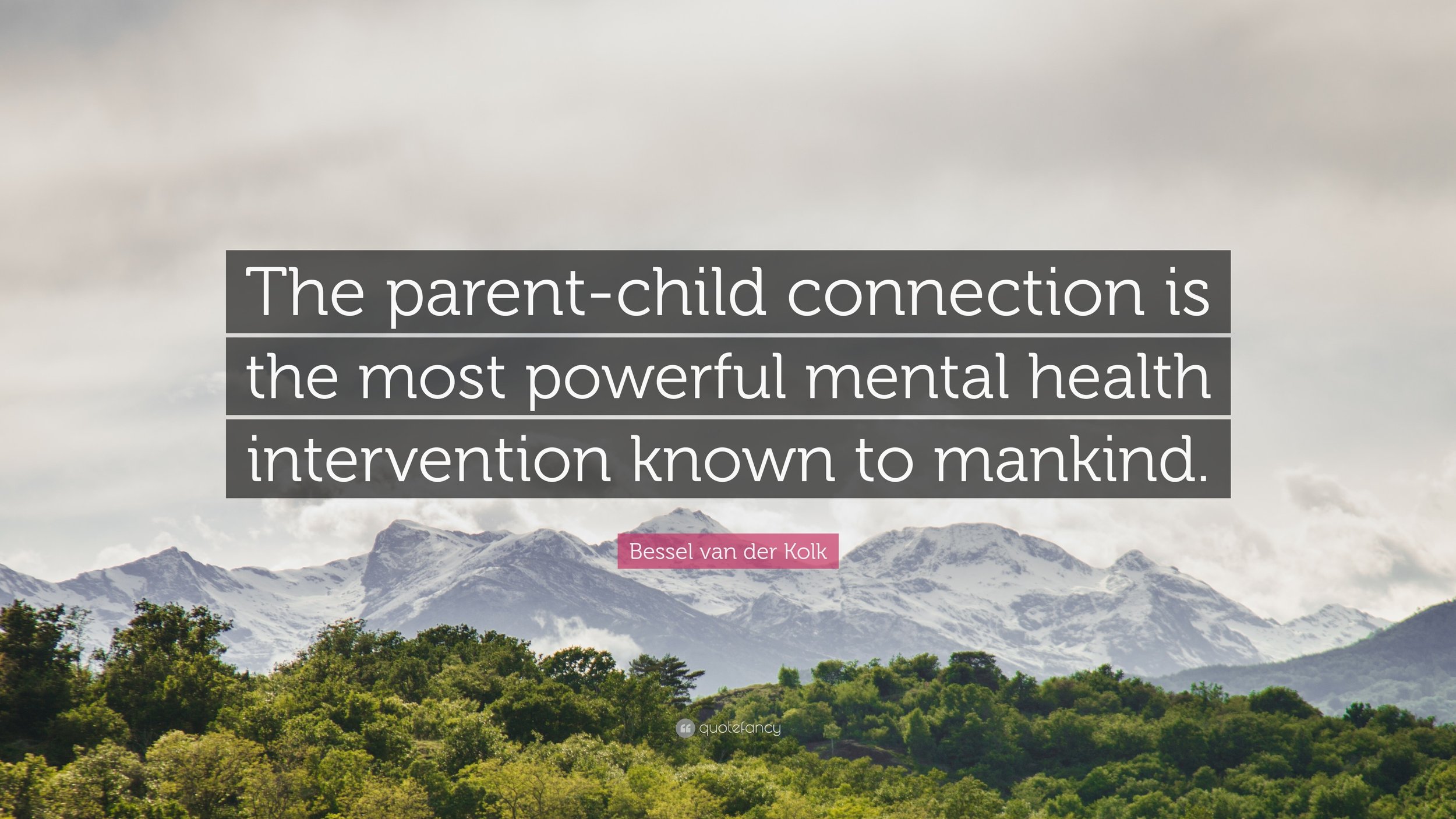
Child-Led Play at Home: Strengthening Parent-Child Bonds and Boosting Emotional Regulation
If your child has been facing challenges like outbursts, difficulty managing emotions, or behavioral concerns, it’s natural to want them to develop coping skills through therapy. As a parent, you might wonder: Why are they just playing in therapy? It might seem like they're just having fun, but in reality, play therapy is far more than that. It’s a powerful way for children to learn important skills that help them better regulate their emotions and build resilience. And guess what? You can bring this type of play into your home for even more positive impact.

It's Not Defiance: Understanding and Supporting Children with Pathological Demand Avoidance (PDA)
Pathological Demand Avoidance (PDA) is not an official diagnosis in the DSM-5, but it’s a pattern of behavior seen in some children with Autism Spectrum Disorder (ASD) or ADHD. Kids with PDA often appear “defiant,” but this behavior usually comes from anxiety, stress, and feeling out of control.

Problem-Solving Skills for Kids
For some kids, problem solving comes naturally as they develop and parents give it little thought. However, for other kids, it is something they need to be taught. Almost all kids benefit from being taught such skills but kids diagnosed with ADHD and other developmental disorders especially benefit.

Protecting Yourself From Second-Hand Anxiety
Do you feel anxious when your child or teen is anxious? Can you feel your own anxiety rising as your child retells an anxious event from their day? In all likelihood, the answer is yes. This phenomenon is called second-hand anxiety. Second-hand anxiety simply means feeling anxious because someone else is anxious. This happens because our brains are equipped with mirror neurons. These neurons’ purpose is to imitate other’s movements and feelings. They help us learn just by watching someone complete a task. They also allow us to feel what other people are feeling. Studies have shown that observing someone expressing anger increases cortisol in the blood by 26%.

The Worst Advice Given by Parents
Most parents strive to be great at parenting. We want “the best” for our kids so they grow up to be successful. However, research has shown that successful kids don’t come from what has classically been doled out as parenting advice. Healthy eating habits, self-control, social skills, and compassion for others are trademarks of a “successful” child.

When Anxiety Comes Out Sideways
Oftentimes, when dealing with kids, teens and even some adults, anxiety doesn’t present itself as them saying “I feel worried” but, instead, as behaviors. These behaviors may include yelling, hitting, crying, kicking, and shoving. They may refuse to do what they have been asked, attempt to control the situation, or ask questions. Physical symptoms may include headaches, stomach aches, difficulty sleeping and isolating themselves. When working with an anxious child, it is important to see these behaviors as what they are: a form of communication. Something has happened that has made your child’s brain feel threatened or unsafe and now the amygdala has taken over.

What Parents Should Expect of Their Child’s Therapy
Your child needs therapy, and you aren’t sure what to expect. Maybe you’ve never personally been to therapy, or maybe you had a negative experience with it, and you’re not sure what it will be like for your child. You are understandably uncertain and may be apprehensive about bringing your child to a new therapist. You’re more familiar with the dynamics of parent-teacher conferences or sitting in on your child’s doctor’s appointments. Therapy is unique in a lot of ways, especially concerning the treatment of your child’s mental health. This post outlines some things you can expect to experience when you take your child to meet with a therapist.

Supporting Your Freshman as They Leave for College
You don’t need to fix or rescue your child from this situation. They got this. More than anything, they need you to believe they can handle anything that comes their way.

How To Talk To Kids About Anxiety
Young people need to understand anxiety is our brain's way of checking to see if we are okay, not to tell us that we aren’t okay.

Dangers of Overparenting
Parenting well can feel like trying to hit a moving target. Parental involvement and responsiveness have been linked to child success, yet too much of either can have detrimental effects to children. So how do you know how much involvement and responsiveness is too much?
